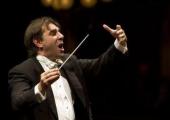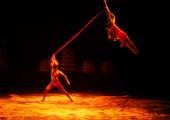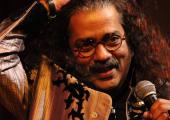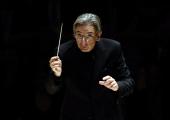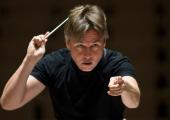The Rest is Noise: LPO, Jurowski, Royal Festival Hall
Brilliance and ingenuity in abundance in this 20th century programme
Vladimir Jurowski deemed this the most challenging of any programme in the Southbank’s year-long The Rest is Noise festival and proceeded to tell us precisely why. That his little preamble lasted almost twice as long as the first piece - Webern’s Variations for Orchestra Op.30 - was an indicator of just how scientific the thinking behind his programme was. Jurowski instinctively understands how and why works impact on each other in the way they do.


